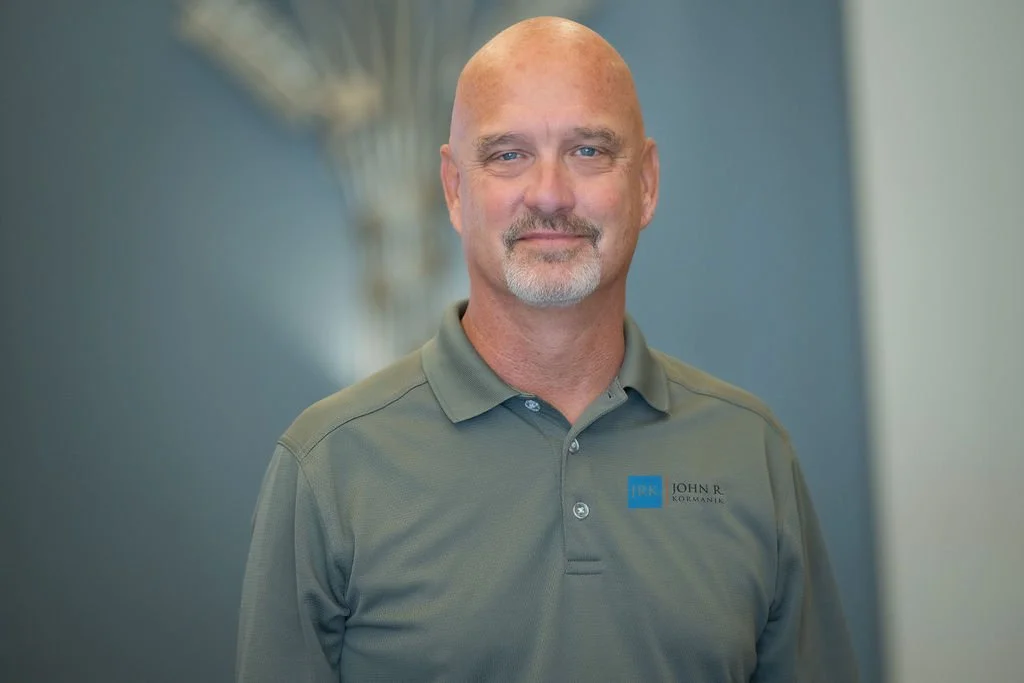Are you a lawyer who feels guilty taking vacation? Can you even imagine unplugging for a day, let alone a week or two?
The billable hour requirement doesn’t go away when you do; I get it. Also, no one is going to take the work off of your desk while you’re away, amirite? Plus, you’ve likely bought into several (if not all) of the 5 lies lawyers tell themselves such as: Lie Number 1: I have to grind all the time to be successful; Lie Number 2: If I’m not busy, I’m lazy; and Lie Number 3: If I’m not busy, I’m lazy. If any of this sounds like you (or even if it doesn’t), you should most definitely read on.
Let’s start with some stats with some alarming stats from a recent Washington Post article that caught my eye. “Americans are about half as likely to be taking a vacation in any given week as they were 40 years ago” is the line that caught my eye. Dig deeper, though, and the statistics are even worse! Back in 1980, a measly 3.3% of people were taking vacation on any given week; today, that statistic is a measlier (yes, that’s a word) 1.7%. The article goes on to explain the “drop-off has been driven by our failure to take full-week vacations.”
Lawyers, holding advanced degrees should be, according to the statistics from the same article more likely to take both full week vacations (2.5%) and partial week vacations (2%). But are they properly represented in that data set? In other words, are lawyers actually taking time away from the office to recharge at the rates depicted in the article or, perhaps, less?
Sure, the use of vacation will vary depending on your position. For example, if you’re a true solo, you make take, perhaps a long weekend away, when courts are closed, think national holidays, and nothing else. If you’re a partner at an AM Law 100 firm, you may actually take a full week away totally unplugged. My guess is most lawyers are on a sliding scale that is weighted towards that true solo.
Now let’s talk about the importance of time away, truly away, from the office and work and what benefits would accrue to you, your clients, your firm, your family and friends, and your community. As I’ve spoken about (click here for a recording of my presentation on the basics of flow), the flow cycle consists of the following 4 phases: (1) Struggle; (2) Release; (3) Flow; (4) Recovery. Short (20 minute) periods of recovery daily to maintain your ability to achieve flow, however, aren’t enough in the long run. We need to disconnect, truly disconnect, in order to fully recharge and recover. That time away will redound to the benefit of not only your physical and mental health, but your productivity as well. We need look no further than professional athletes to understand this concept.
Many (if not all) professional athletes step completely away from their chosen sport during the “off season.” Some might look at this model and conclude it does not translate to the law firm environment. To those people, I ask one simple question: Why not? Lawyers are akin to athletes: we have to perform at a high level on a regular basis; our work is often divided into busy and not-so-busy cycles, akin to athletes ramping up for competition, etc. The only real difference is for lawyers, our “muscle” is our brains. Others may think they world-class athletes stay at the top of their game despite their time away. Talk to any Olympian or professional athlete, however, and they’ll tell you they are able to stay at the top of their game because of their time away, not in spite of it.
The benefits of recovery are well known in the athletic context (muscle recovery, cognitive rejuvenation, etc,), similar benefits come to lawyers who take time away: we are better able to perform our work, we are better leaders to our staff, we communicate better with clients, and we show up differently with our families, friends, and in our community.
The downside of not taking sufficient time away, truly away, from your work is an increased potential for burnout, or, worse yet, becoming one of the statistics our industry laments associated with alcohol abuse, depression, stress, and anxiety.
We’re all aware of the mindset “work hard; play hard.” The reality for many lawyers is “work hard; keep on working.” It’s a recipe for disaster.
Jeff Blackburn and Neil Young penned the lyric “it’s better to burnout than to fade away”; if you don’t take time away, this may as well be your mantra. The problem is that mantra hurts everyone. If you burnout, there are clients in the world who will never have the benefit of your unique legal mind; your firm, family, and community will suffer.
Don’t be that lawyer. Take time away.
If you struggle with taking time off and unplugging (or any of the 5 lies), reach out so we can have a conversation.

